On the evening of November 12, U22 Vietnam won 1-0 against U22 China in Chengdu. After this defeat, Chinese media had many in-depth assessments of the results as well as the performances of the two teams.
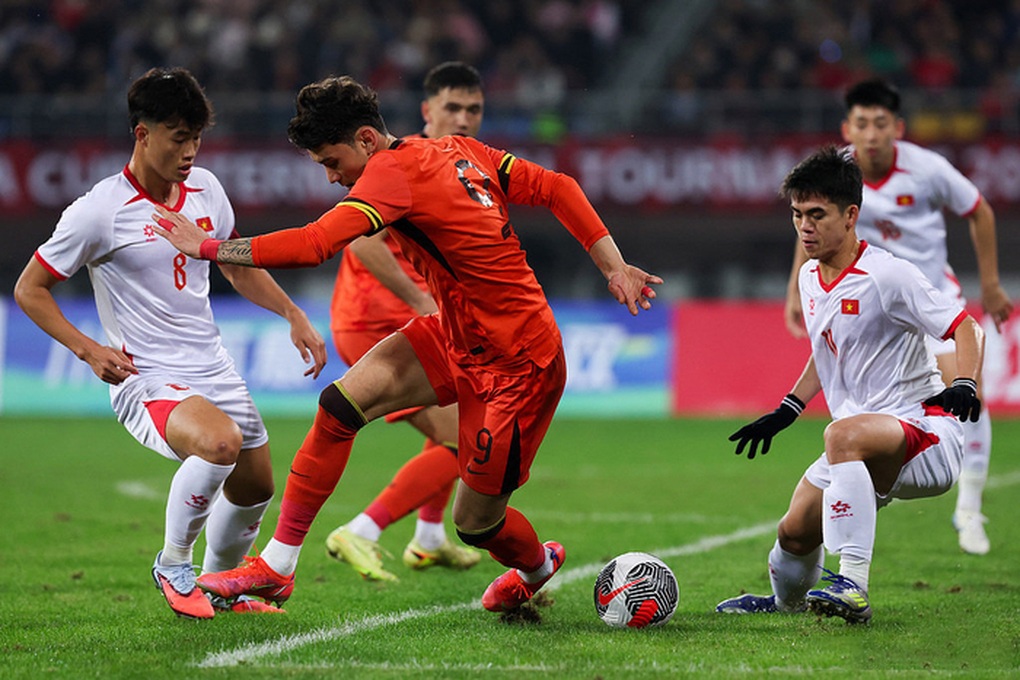
U22 Vietnam defeated U22 China in the opening match of Panda Cup 2025 (Photo: Sina).
Commenting on the performance of coach Dinh Hong Vinh and his team, Sina newspaper wrote: “Under the lights of Song Luu Stadium in Chengdu, a historic night took place when U22 China unexpectedly lost 0-1 to U22 Vietnam in the opening match of the 2025 Panda Cup. This result not only extended the disappointing streak of Chinese youth teams against Southeast Asian opponents, but was also considered a turning point, marking a significant change in the football balance between the two countries.
The match saw the Chinese defense make three consecutive mistakes in the 81st minute, allowing Vietnam to score the only goal. The absence of key players such as Wang Yudong and Kuai Jiwen weakened the Chinese squad, while nearly half of the squad not being present on time made the situation worse. In contrast, U22 Vietnam showed superior technical play, sharp tactical execution and tenacious fighting spirit, continuously breaking through the Chinese defense with short, effective combinations.
The statistics say it all: Vietnam is currently considered a candidate for the runner-up position in the upcoming AFC U23 Championship, while China is only ranked fourth. This gap clearly reflects the difference in youth football level between the two countries. Vietnam's progress is not accidental, but comes from a systematic youth training system, which has been continuously invested in since the milestone of Vietnam U23 reaching the Asian final in 2018.
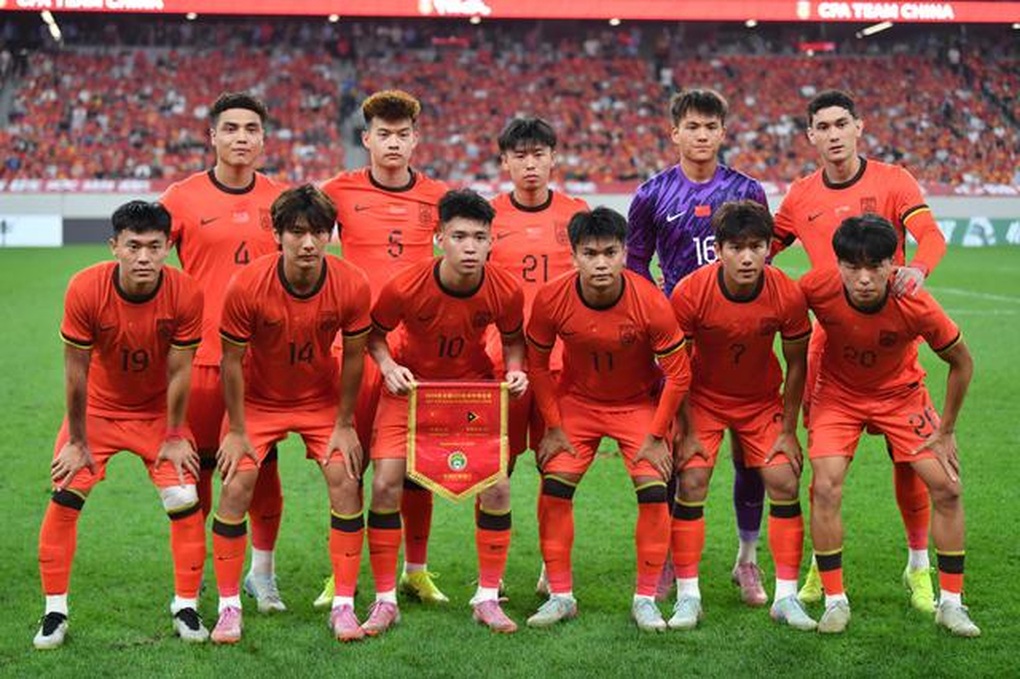
U22 China disappointed the domestic media (Photo: Sina).
On the other hand, Sina expressed disappointment with the performance of U22 China:
“The failure is not an isolated incident, but a microcosm of current Chinese football. From the youth team to the national team, Chinese football is facing a series of challenges. The new head coach of the national team, Shao Jiayi, is on the field to look for factors for the team that is about to be restructured. However, this lackluster performance certainly does not help his evaluation process.
Many of the current U22 players are expected to be the backbone of the future national team. Their development speed and potential will determine the competitiveness of Chinese football in the coming years. The team is expected to accelerate the rejuvenation process, and the new force is likely to be based on an almost entirely young squad. Therefore, the maturity of the current U22 generation does not only depend on a match in the Panda Cup, but also directly affects the future of Chinese football.
In conclusion, Sina emphasized that Chinese football can only change if it starts from the root:
“The road ahead is still difficult. China U22 will face South Korea and Uzbekistan – both are big challenges. South Korea is the current Panda Cup champion and just beat Uzbekistan 2-0. Only by starting with youth training and building a suitable football philosophy can Chinese football turn things around and regain its position in Asia.”
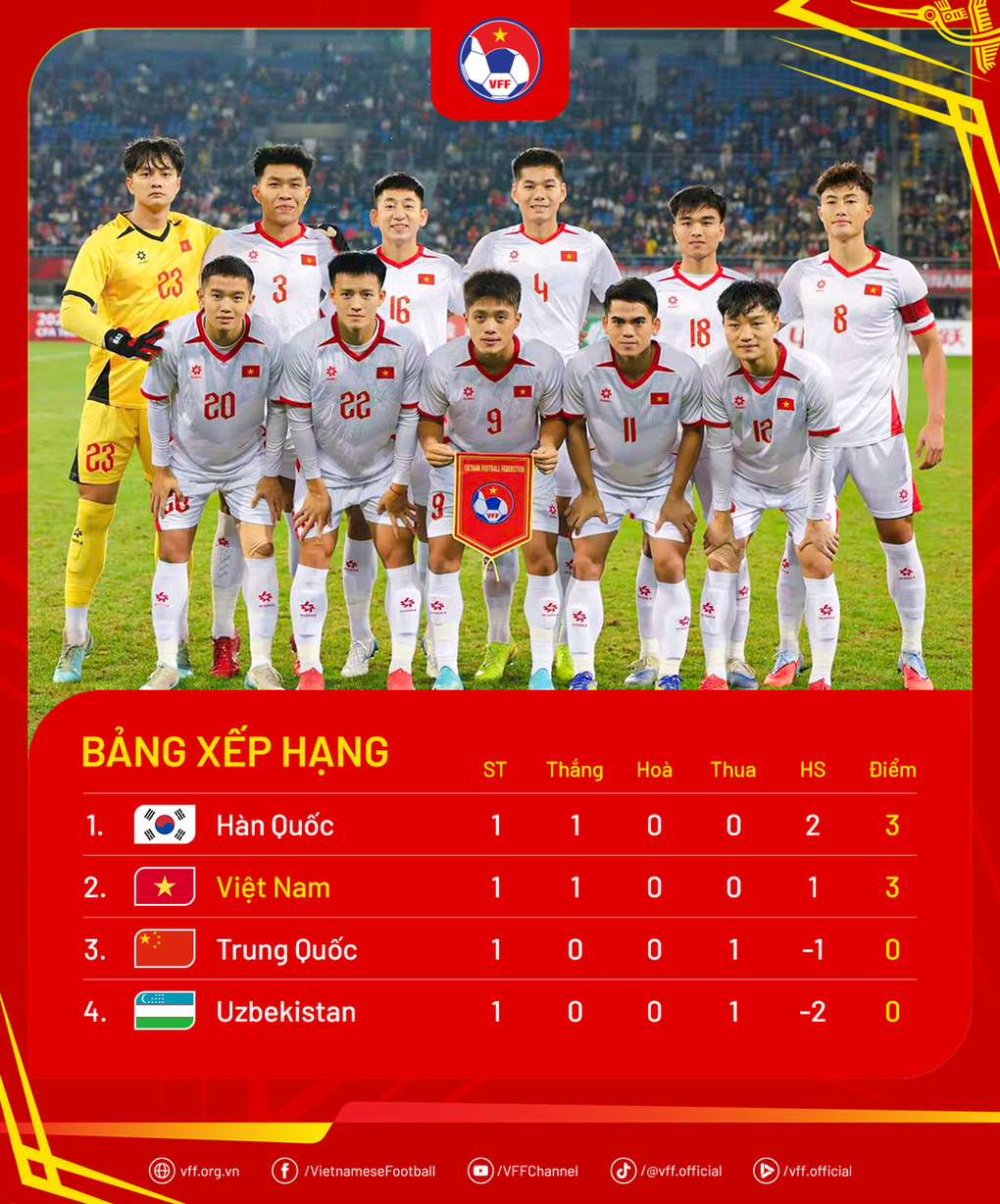
Source: https://dantri.com.vn/the-thao/bao-trung-quoc-u22-viet-nam-vuot-troi-bong-da-tre-nuoc-nha-dang-lo-20251114062336083.htm


![[Photo] Special class in Tra Linh](https://vphoto.vietnam.vn/thumb/1200x675/vietnam/resource/IMAGE/2025/11/14/1763078485441_ndo_br_lop-hoc-7-jpg.webp)

![[Photo] Deep sea sand deposits, ancient wooden ship An Bang faces the risk of being buried again](https://vphoto.vietnam.vn/thumb/1200x675/vietnam/resource/IMAGE/2025/11/13/1763033175715_ndo_br_thuyen-1-jpg.webp)



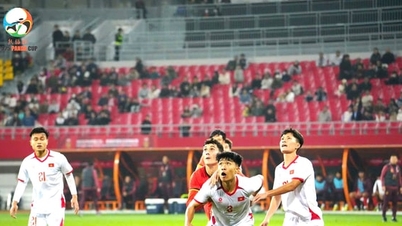

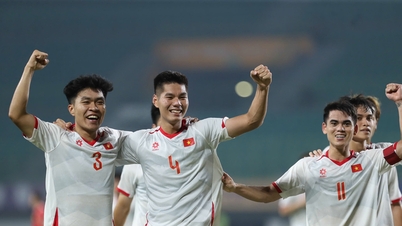

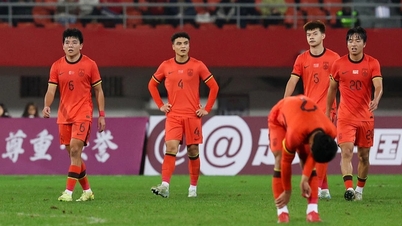



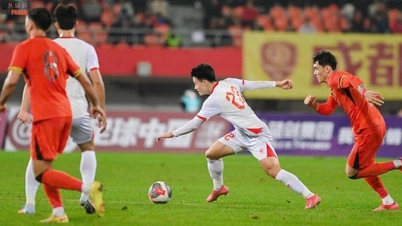
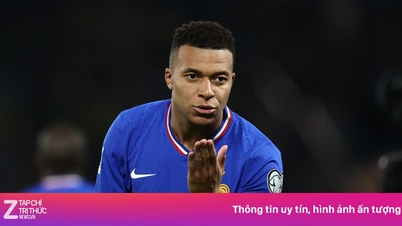


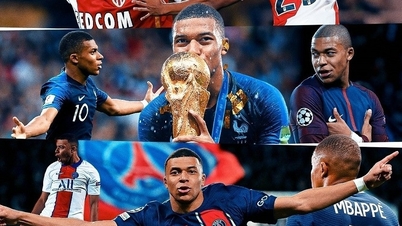
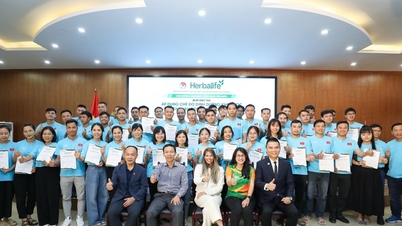
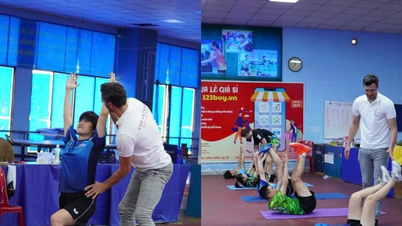

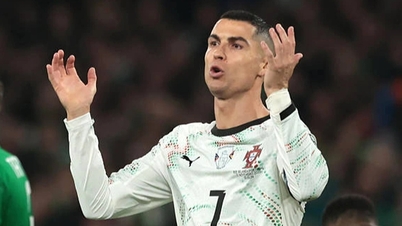





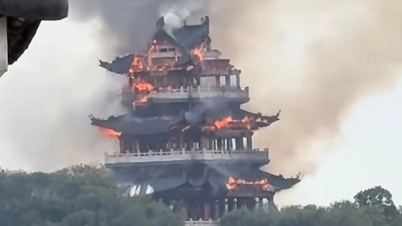
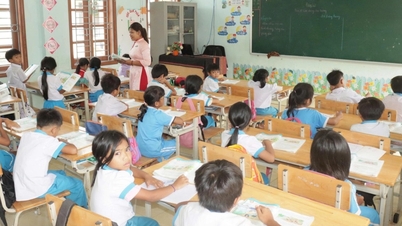
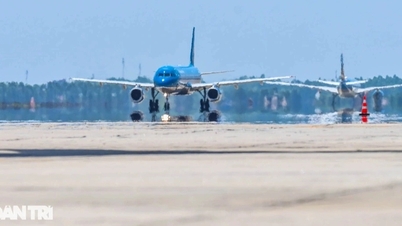
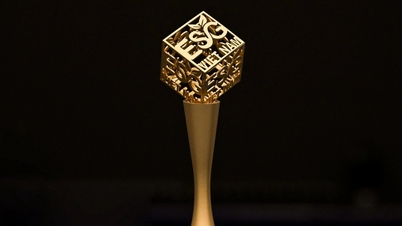
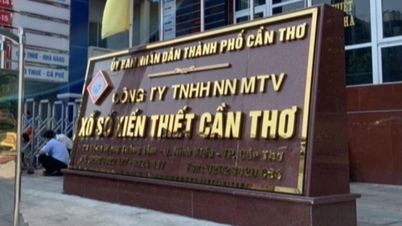


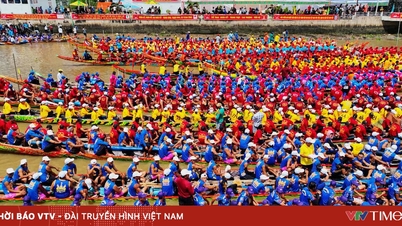

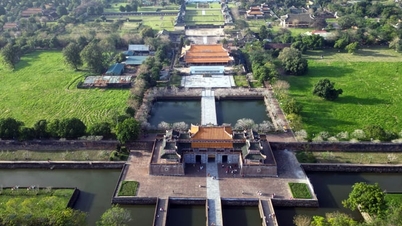










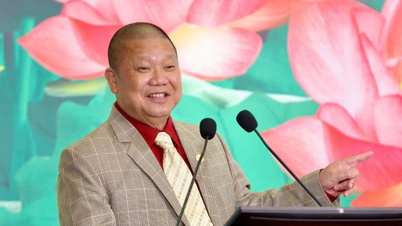
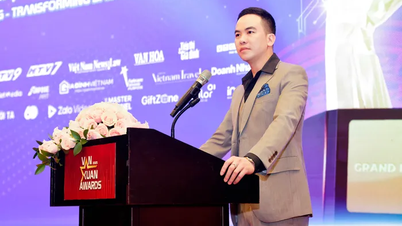




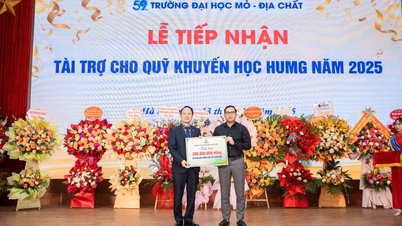













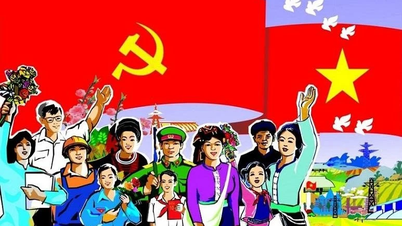
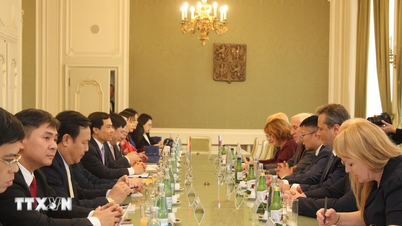
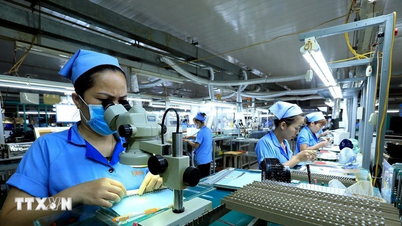
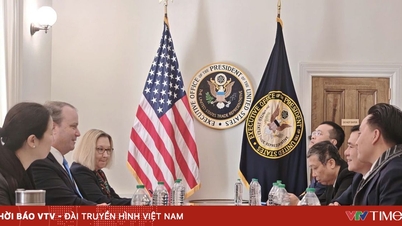
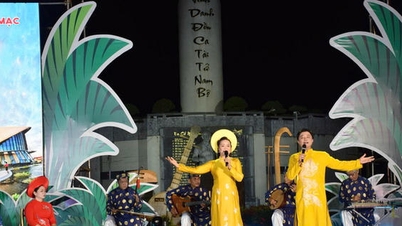



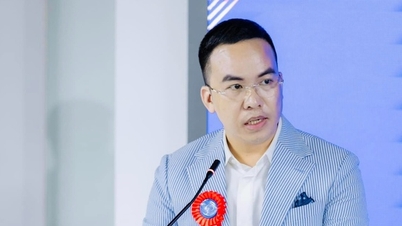
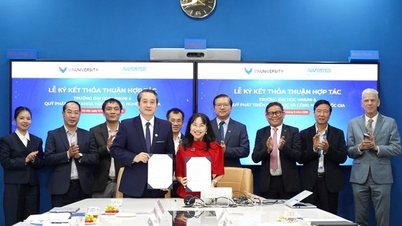

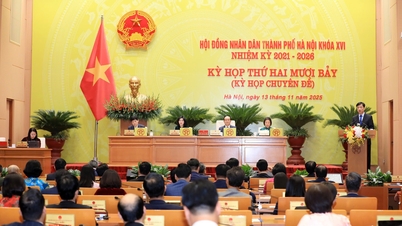

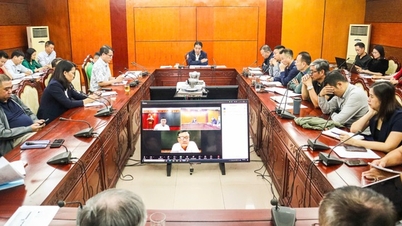
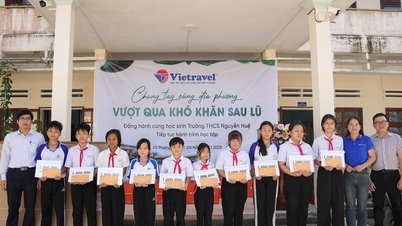

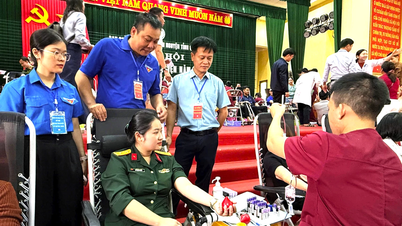

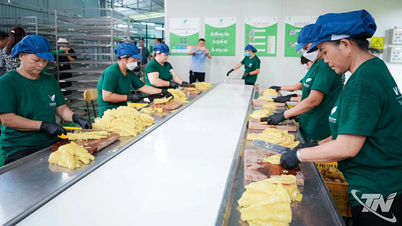

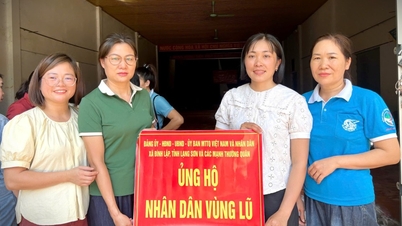

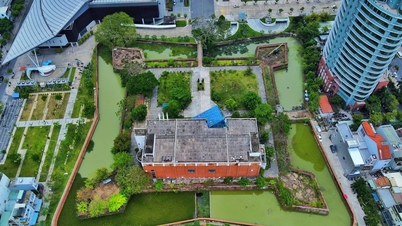






![Dong Nai OCOP transition: [Article 3] Linking tourism with OCOP product consumption](https://vphoto.vietnam.vn/thumb/402x226/vietnam/resource/IMAGE/2025/11/10/1762739199309_1324-2740-7_n-162543_981.jpeg)






Comment (0)